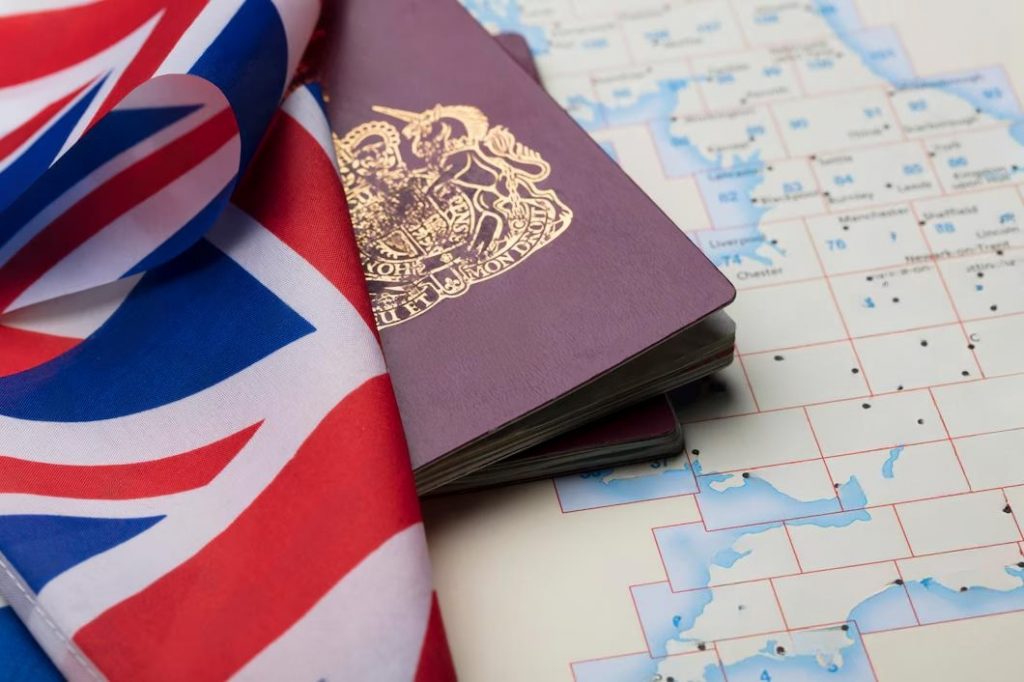UK Visa Application Fee Waiver
Applying for a UK visa can be expensive — but did you know that in certain situations, you may not have to pay the visa application fee at all? The UK Home Office offers fee waivers for people who cannot afford to pay

What is a Fee Waiver?
A fee waiver allows you to apply for a UK visa without paying the application fee. This helps individuals or families who are facing financial difficulties but still need to stay legally in the UK
You may be eligible for a fee waiver if:
- You cannot afford the visa fee because you do not have enough income or savings.
- Paying the fee would mean you cannot meet your essential living needs (like food, rent, or bills).
- You are applying for certain human rights-based visas, such as:
- Leave to remain on the basis of family life (partner, parent, or child route)
- Leave to remain based on private life
- Fee waiver extensions of discretionary leave after a successful asylum claim or human rights claim
Not all visas are eligible. Generally, fee waivers apply to:
- Family visas under the 5-year or 10-year route (FLR(FP))
- Private life visas
- Human rights-based applications
- Some asylum-related applications
Note: Fee waivers are not available for work visas, student visas, or visitor visas.
How to Apply for a Fee Waiver Complete the Fee Waiver Request Form
Complete the Fee Waiver Request Form
- This is done online before you submit your main visa application.
- Provide Evidence of Your Financial Situation
You may need to share:- Bank statements
- Payslips
- Proof of rent/mortgage payments
- Utility bills
- Any evidence of benefits or financial hardship
- Wait for a Decision
If approved, you will receive a code that lets you submit your visa application without paying the fee.
- Final ThoughtsThe UK visa fee waiver process is designed to ensure that financial hardship does not prevent you from applying for the right to stay in the UK. If you believe you qualify, gather your documents early and apply as soon as possible.
Contact Us
- +44-797-922-9345
- shahid.maratib@ukvisaandimmigration.co.uk
- Monday - Friday: 9.00 to 17.00 BST
© 2025 All rights reserved UKVAIWS VISA COSULTANCY




